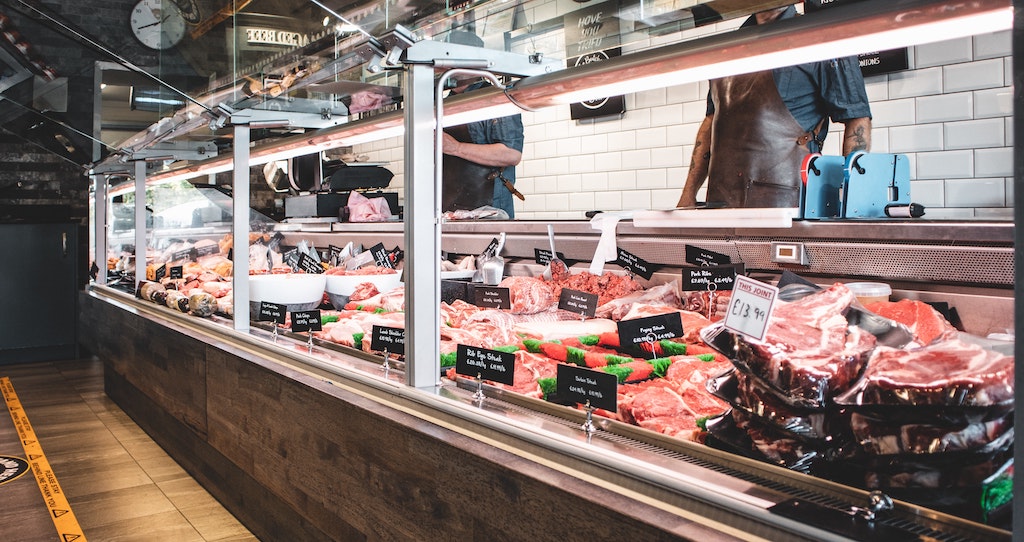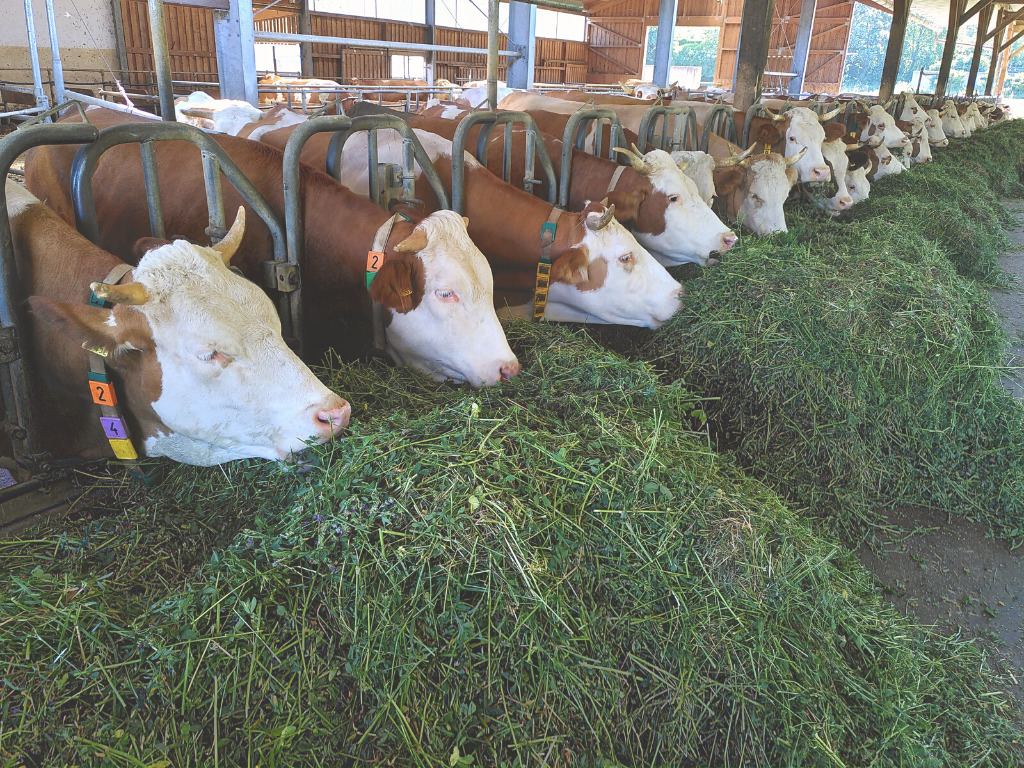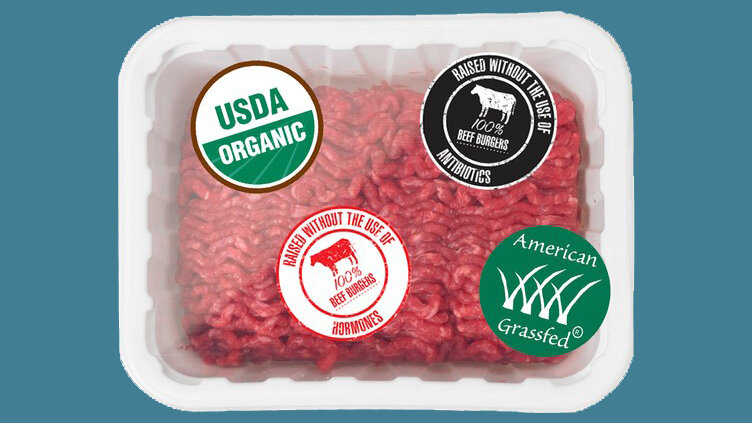Antibiotic-Free Meat? Not So Fast. New Study Finds Widespread Labeling Inaccuracies.
5 Mins Read
Public concern over antibiotic use in livestock production has led to a market boom for animals raised without antibiotics (RWA) such as certified organic. But there are loopholes there, too, and new findings published in the journal Science suggest a system that’s riddled with challenges.
More than 80 percent of U.S. antibiotic supplies are used on livestock animals every year. According to the FDA, that’s more than 20 million pounds. The industry uses antibiotics most often as a preventative, aimed at reducing the severity of likely infections, the result of cramped and unsanitary conditions that make up the bulk of the food system.
The drugs are also used as growth enhancers that can speed animals to market weight faster, which can mean more frequent turns on flocks or herds and bigger profits. But it comes with big risk factors.

One of the biggest consequences of an antibiotic-dependant food system is antibiotic resistance in the people who consume these products. The World Health Organization has been calling for action on antibiotic use in agriculture for the better part of a decade, warning that it’s putting humanity in highly risky territory if antibiotics fail to treat minor infections like a scraped knee.
“Last resort” antibiotics, which can come with severe side effects, have also proven ineffective against infections including the common hospital-borne superbug, MRSA (Methicillin-resistant Staphylococcus aureus).
And according to the new research, although the USDA does conduct occassional testing for antibiotic residues in animal meat, they’re done separately from RWA claims. The tests are only to measure excess antibiotic residue. The researchers note that fewer than 7,000 tests are conducted a year for the more than nine billion animals slaughtered for food in the U.S. And the findings suggest a highly flawed system.
The study
The USDA does not test or require antibiotic testing for products labeled as “Raised Without Antibiotics,” “No Antibiotics Administered,” “No Added Antibiotics,” “Raised Antibiotic Free,” and “No Antibiotics Ever,” the researchers found, even though companies must submit several criteria to the USDA, including a description of controls that ensure animals were not given antibiotics, tracing protocols for segregating RWA products, protocols for segregating animals treated with antibiotics, and a signed affidavit that describes how animals were raised.
Despite these measures, the researchers say that for a number of RWA-labeled products, antibiotics were detected. The research was only conducted on beef products.
“Although USDA-approved labels give RWA claims credibility and value in the marketplace, the agency does not require empirical antibiotic testing to validate them. Absent verification, there are incentives for parties throughout the supply chain to cheat or limit scrutiny,” the researchers note.

Popular verifications linked with quality and claim to prohibit antibiotics, such as Global Animal Partnership’s Animal Welfare Certified and the National Organic Program, do not require any testing or proof that the meat is antibiotic-free.
The researchers tested beef samples marketed as “No Antibiotics Ever” with a subset produced under the third-party–audited Global Animal Partnership program. The researchers tested urine from the cattle at time of slaughter. The researchers say they sampled nearly 700 animals from “every lot of RWA cattle delivered for processing at a single slaughter facility over the course of 7 months.”
According to the findings, three feedyards, represting nine percent of samples, had multiple lots in which antibiotics were detected in all samples; four feedyards (12 percent) all had positive samples, seven yards (21 percent) had at least one positive sample in more than one lot, and 14 yards (42 percent) had at least one positive case. The researchers say lots with at least one positive test made up 15 percent of the RWA cattle slaughtered during the study period.
“These findings provide empirical evidence that a material portion of beef products currently being marketed with RWA labels is from cattle that were treated with antibiotics. These findings suggest that today’s RWA labels lack integrity,” the researchers say. “Although our testing was limited to beef cattle, other meat and poultry sectors are vulnerable to similar incentives.”
Recommendations
The researchers are recommending the USDA “establish a rigorous verification system” in order to ensure RWA claims. Or, it says, the agency should “cease approving these labels.” The researchers recommend empirical on-site testing on a “meaningful number” of animals from every lot prior to processing.
“For testing to be effective, the USDA must move beyond maximum residue levels and use sensitive, real-time technologies that identify animals that have been treated with antibiotics,” the researchers say.

The researchers also recommend making findings public and penalties for repeat offenders as well as a label fee schedule to ensure the costs are the burden of suppliers, not consumers.
“Until the USDA acts, additional studies such as ours could weaken confidence in the RWA labels and decrease consumers’ willingness to pay for these products,” the researchers say, adding that retailers should implement an industry-wide standard based on testing and enforcement.
“Growing demand for RWA meats and poultry has the potential to curb antibiotic use in food-animal production; however, the integrity of the USDA’s RWA labels is being undermined by lax verification and enforcement,” the researchers write. “Until either the USDA acts to rigorously verify RWA claims or retailers eliminate their own safe harbor of ignorance, consumers should not rely on the accuracy of these labels.”
Lead image courtesy of Mannix.



